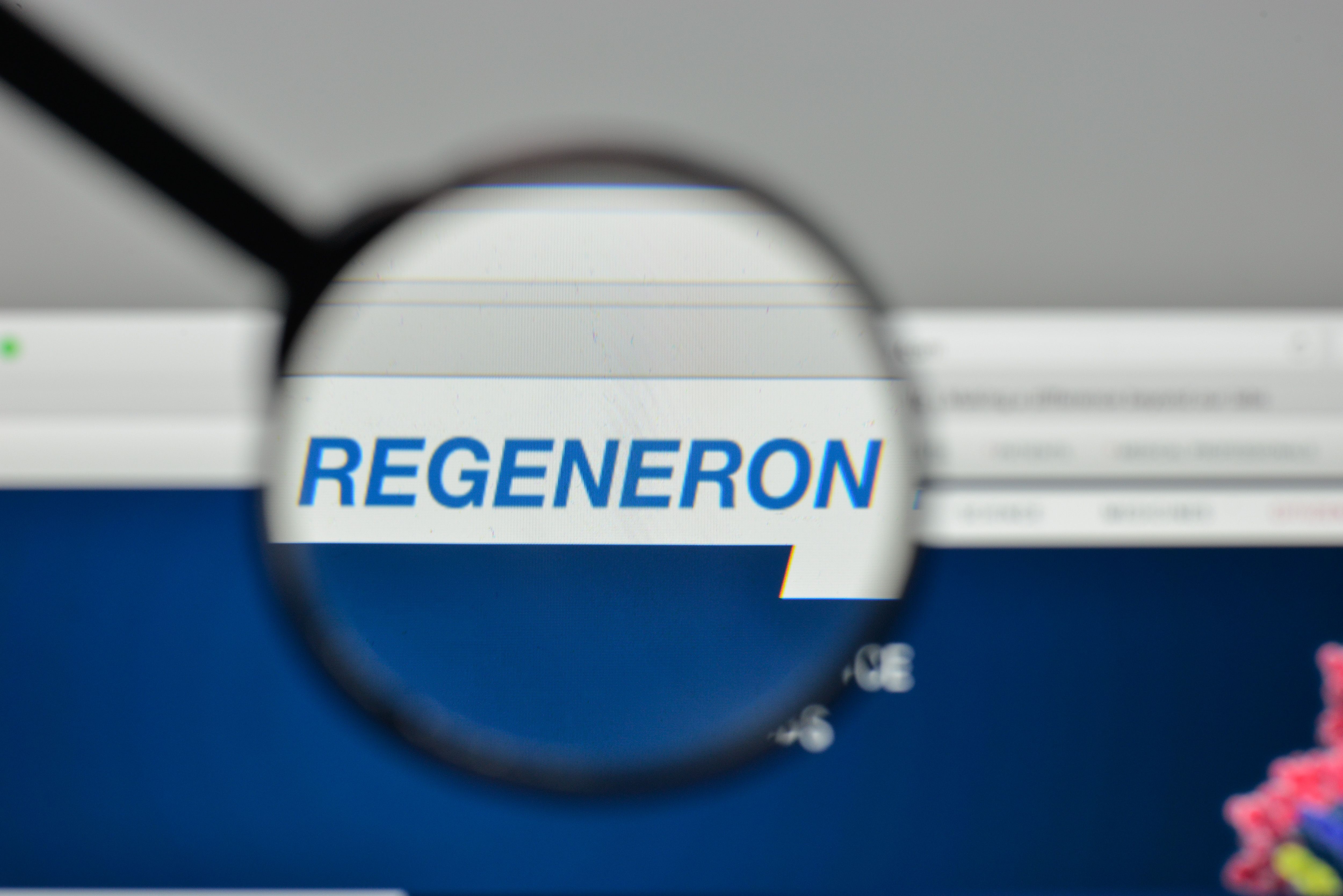- Center on Health Equity & Access
- Clinical
- Health Care Cost
- Health Care Delivery
- Insurance
- Policy
- Technology
- Value-Based Care
FDA Issues CRL for Linvoseltamab in R/R Multiple Myeloma
The complete response letter (CRL) was issued based on a pre-approval inspection at a third-party fill/finish manufacturer.
The FDA issued a complete response letter (CRL) to the biologics license application (BLA) seeking approval of linvoseltamab (Regeneron Pharmaceuticals) to treat patients with relapsed or refractory (R/R) multiple myeloma that has progressed following 3 or more prior therapies.1
Similar to other recent CRLs, this decision was made not based on the drug’s safety or efficacy data, but rather a pre-approval inspection at a third-party fill/finish manufacturer for a different company’s product candidate.2
“The third-party fill/finish manufacturer has since informed Regeneron that it believes the findings have been resolved, their facility is awaiting reinspection by the FDA, and it is expected to take place in the coming months,” a Regeneron news release stated.1
This CRL was anticipated based on a Regeneron Q2 earnings call | Image credit: Casimiro – stock.adobe.com

Despite an initial PDUFA date of August 22, 2024, the CRL for linvoseltamab was anticipated based on Regeneron’s Q2 earnings call at the beginning of August.3
“The FDA has not informed us of any approvability issues for linvoseltamab related to safety, efficacy, or the status of our ongoing confirmatory trial,” said Leonard Schleifer, MD, PhD, founder, president, board cochair, and CEO of Regeneron Pharmaceuticals, during the call. “More broadly on our pipeline, we are excited about several upcoming readouts later this year or in 2025 to further inform programs that could support significant long-term growth opportunities.”
The BLA—accepted in February 2024—was based on data from the phase 1/2 LINKER-MM1 trial (NCT03761108) shared in December 2023.4-6 At a median follow-up of 11 months, patients who received the bispecific antibody 200 mg dose had an objective response rate (ORR) of 71%, with 46% of patients achieving a complete response (CR) or better.
Updated data presented during the European Hematology Association 2024 Congress demonstrated that, with a longer follow-up for a median of 14.3 months, the ORR continued to be 71% for the 200 mg dose, with 50% of patients achieving a CR or better.7 More specifically, 44.4% of patients experienced a stringent CR, 5.1% achieved a CR, 13.7% had a very good partial response, and 7.7% experienced a partial response to linvoseltamab.
In an interview with The American Journal of Managed Care® (AJMC®), Suzanne Lentzsch, MD, PhD, director of the multiple myeloma and amyloidosis program and professor of medicine at Columbia University's College of Physicians and Surgeons, discussed these updated findings. When asked how the efficacy and safety findings of linvoseltamab compare with other available treatments for R/R multiple myeloma, Lentzsch noted that direct comparisons between trials are challenging due to varying inclusion criteria across studies, making it difficult to draw fair conclusions. However, linvoseltamab showed a favorable safety profile in the LINKER-MM1 trial.
She added that, while 46% of patients experienced cytokine release syndrome (CRS), most cases were mild (grades 1 and 2) and manageable, with only 1% experiencing grade 3 CRS. Infections were reported in 74% of patients, with 36% having grade 3/4 infections. Despite this, she said the use of intravenous immunoglobin and antibiotics for pneumocystis pneumonia prophylaxis effectively managed these infections.
“Regeneron is committed to working closely with the third-party fill/finish manufacturer and the FDA to bring linvoseltamab to appropriate patients with R/R [multiple myeloma] as quickly as possible, which is critical because most [multiple myeloma] patients relapse and ultimately require additional therapies in late-line settings,” the news release said.1
“Additional studies of linvoseltamab are now also underway in earlier stages of myeloma and in precursor conditions such as smoldering myeloma and monoclonal gammopathy of unknown significance or MGUS,” George Yancopoulos, MD, PhD, president, chief scientific officer, and board cochair for Regeneron Pharmaceuticals, added during the earnings call.3 “Developing linvoseltamab in earlier-line myeloma settings presents an important opportunity for us to help patients and their physicians in these diseases, which currently have complex treatment paradigms.”
References
- Regeneron provides update on biologics license application for linvoseltamab. News release. Regeneron. August 20, 2024. Accessed August 21, 2024. https://investor.regeneron.com/news-releases/news-release-details/regeneron-provides-update-biologics-license-application-0
- Klein HE. FDA issues crl for patritumab deruxtecan for locally advanced, metastatic EGFR-mutated NSCLC. AJMC. June 27, 2024. Accessed August 21, 2024. https://www.ajmc.com/view/fda-issues-crl-for-patritumab-deruxtecan-for-locally-advanced-metastatic-egfr-mutated-nsclc
- Regeneron Pharmaceuticals Q2 2024 earnings conference call. Presented August 1, 2024. Accessed August 21, 2024. https://investor.regeneron.com/events/event-details/regeneron-pharmaceuticals-q2-2024-earnings-conference-call
- Linvoseltamab BLA for treatment of relapsed/refractory multiple myeloma accepted for FDA priority review. News release. Regeneron. February 21, 2024. Accessed August 21, 2024. https://investor.regeneron.com/news-releases/news-release-details/linvoseltamab-bla-treatment-relapsedrefractory-multiple-myeloma
- Phase 1/2 study of REGN5458 in adult patients with relapsed or refractory multiple myeloma (LINKER-MM1). ClinicalTrials.gov identifier: NCT03761108. Updated June 25, 2024. Accessed August 21, 2024. https://www.clinicaltrials.gov/study/NCT03761108
- Updated linvoseltamab pivotal data demonstrated strong rates and depth of response in patients with heavily pre-treated multiple myeloma. News release. Regeneron. December 7, 2023. Accessed August 21, 2024. https://investor.regeneron.com/news-releases/news-release-details/updated-linvoseltamab-pivotal-data-demonstrated-strong-rates-and
- McCormick B. Dr Suzanne Lentzsch highlights promising linvoseltamab results in treating RRMM. AJMC. June 21, 2024. Accessed August 21, 2024. https://www.ajmc.com/view/dr-suzanne-lentzsch-highlights-promising-linvoseltamab-results-in-treating-rrmm
